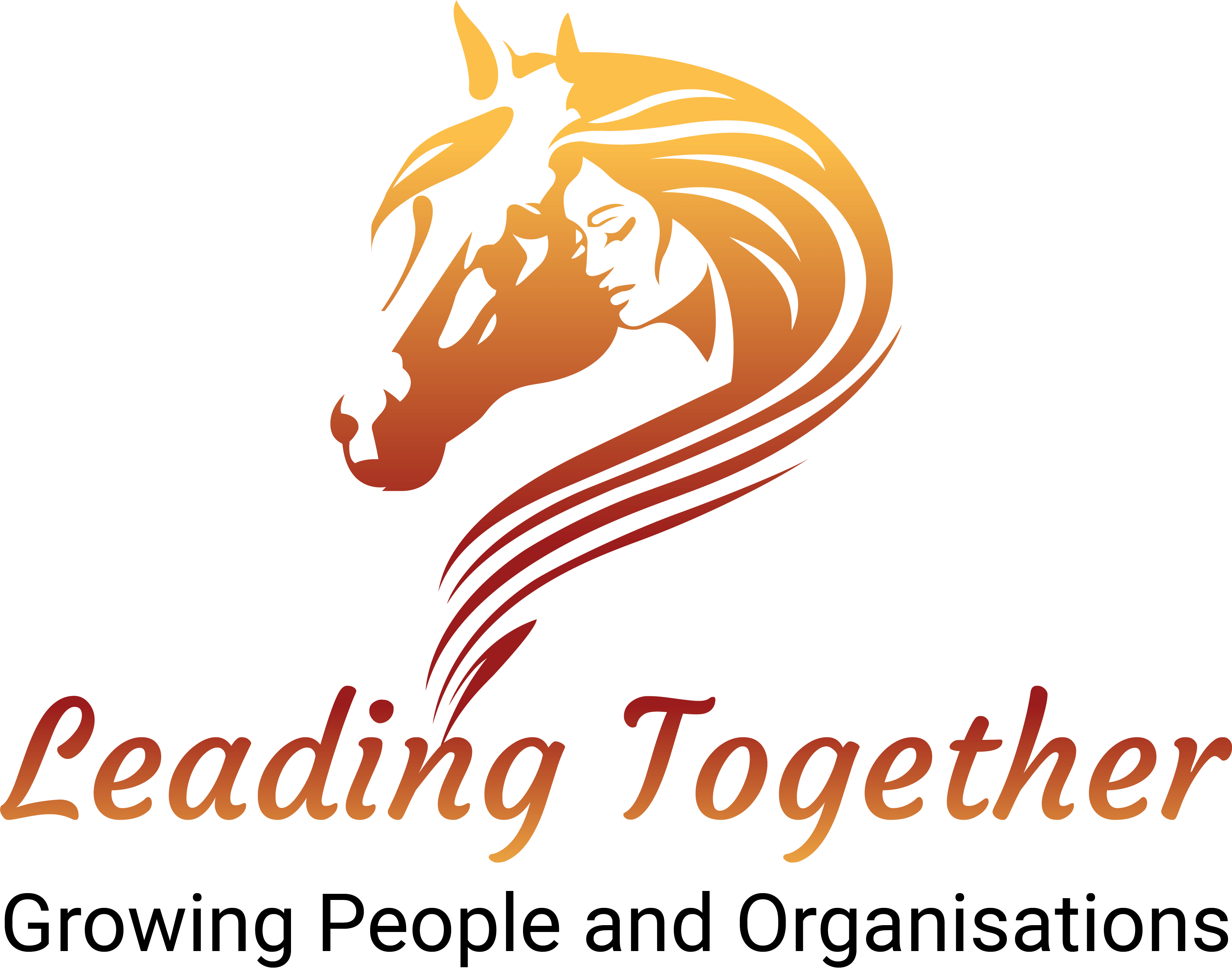Respect for leadership is radically shifting
My experience growing up was children were “to been seen and not heard.” We were taught to respect our elders. Authority was something to be revered and definitely not questioned. When you are bought up in a house where parenting technics consisted of phrases like “because I said so” and “do as I say not as I do”. I understood the wooden spoon was a real threat. You genuinely believe that anyone who has authority is something or someone to fear. Principals and teachers were still allowed to give you the cane. In growing up in this era physical punishment is a legitimate tool and in some cases the only tool. You believe that hierarchical structures are the real authority. Teachers all had Mr or Mrs no one had a first name and friends of the family were Aunts and Uncles. Positions of power demanded respect regardless of their behaviours. So when my title stated that I was a manager I wholeheartedly believed that I needed to be respected because I had a position title. I thought management was something that should be feared. I reflect now on how much times have changed.
Respect for leadership is now earned
We now expect leaders to be questioned about their decisions. Leaders are held to a higher moral standard because they are a leader. Workplaces are now being asked to do more for staff than simply provide a paycheque. It is an environment where employees are asking more about leadership than ever before.
So it’s no wonder that “75% of careers are derailed for reasons related to emotional competencies, including the inability to handle interpersonal problems; unsatisfactory team leadership during times of difficulty or conflict; or inability to adapt to change or elicit trust”. -Center for Creative
As the world continues to go through yet another crisis we need to support people in leadership to develop their emotional competencies. Poor leadership can do more than increase staff turnover or poor productivity. You can have a lasting impact on someone’s life. So as we learn more and know better we need to do better. Invest in your leaders and emerging leaders to understand how to be effective people managers. As leaders develop their own authentic people skills their respect for leadership changes as well. The more you develop your skills in emotional intelligence, it can change your workplace, your culture, but also other important relationships around you.










0 Comments